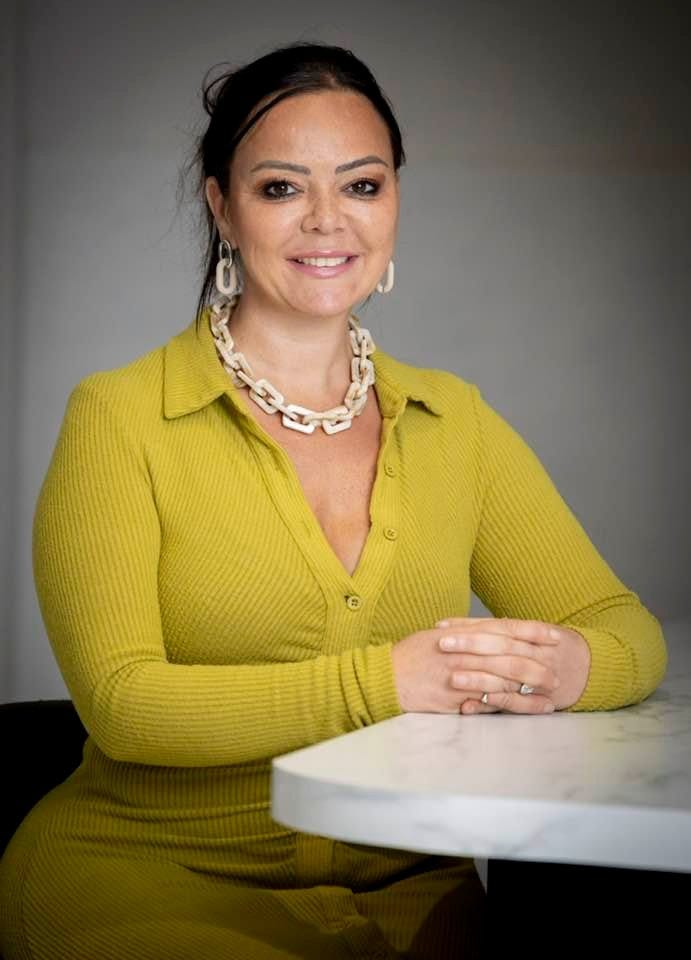Donia Youssef: “Being mixed has developed me as a person”
The author on her rollercoaster experience and never quite fitting in
Hi, welcome back to Mixed Messages! This week I’m speaking to Donia Youssef, an author and producer of mixed-Egyptian and white heritage. Donia grew up around the Middle East before moving to the UK, and felt a lack of stability in the cultural and religious spaces she inhabited. Read Donia’s story below.


